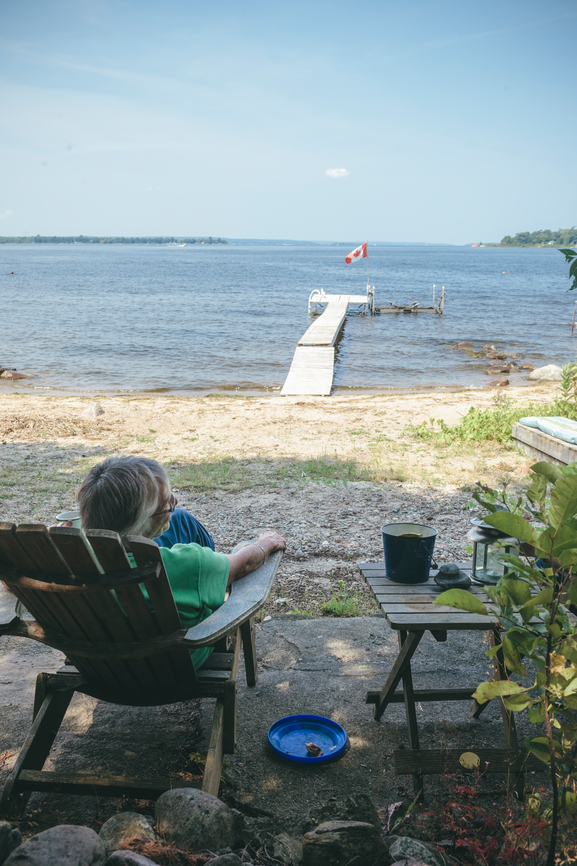Summer has officially arrived and for many Canadians that means trips up to the family cottage. Often summer homes are used by several generations in one family but as parents who may own the cottage get up in years, a vacation home often a distance away, can become difficult and expensive to maintain.
Sharing a cottage between siblings can be a tricky proposition as each family has it’s own way of doing things and set of priorities not to mention ability to contribute financially. If the time has come for mom and dad to sell or transfer ownership and responsibility of a family cottage, it must be done with great attention to equity so as not to create animosity between siblings that may last a lifetime.
As anyone who owns a cottage will attest to, cottage life has it’s fair share of work along with play. Long drives in heavy traffic on holiday weekends and days spent dealing with antiquated septic systems, fallen trees and critters in the attic can suck the joy out of ownership for adults. Children will only remember the bonfires, picking raspberries by the dirt road and endless days spent on the lake perfecting swan dives off the dock. They might remember the mosquitos and black flies or the time a bat flew through the living room but that just adds to the whole “roughing it” experience.
Cottages can also be a tax burden for children who take up the reigns of cottage ownership from their parents. The cost of maintenance and insurance must also be factored into any decision-making.
Capital gains tax is one area that must be paid careful attention to when passing on a cottage to a family member. In the good old days, before 1981, each spouse could claim a home as a principal residence in families that owned two properties but today a family can only designate one principal residence. That meant capital gains wouldn’t usually have to be paid on a property which was sold or gifted, however today with the transfer or sale of a cottage property, taxes must be paid.
There are several strategies to lessen the capital gains taxes owed including making the cottage your primary residence or transferring small percentages of ownership over a period of time to lessen the tax impact.
There are many strategies to consider when handing on the family cottage and Peter Lillico, a lawyer in Peterborough, Ontario who specialized in succession planning, has developed a six-step approach to a smooth transition. For more information about cottage succession or to attend a seminar, visit the Federation of Ontario Cottager’s Association at www.foca.on.ca .






Add Your Voice
0 Comments
Join the Discussion